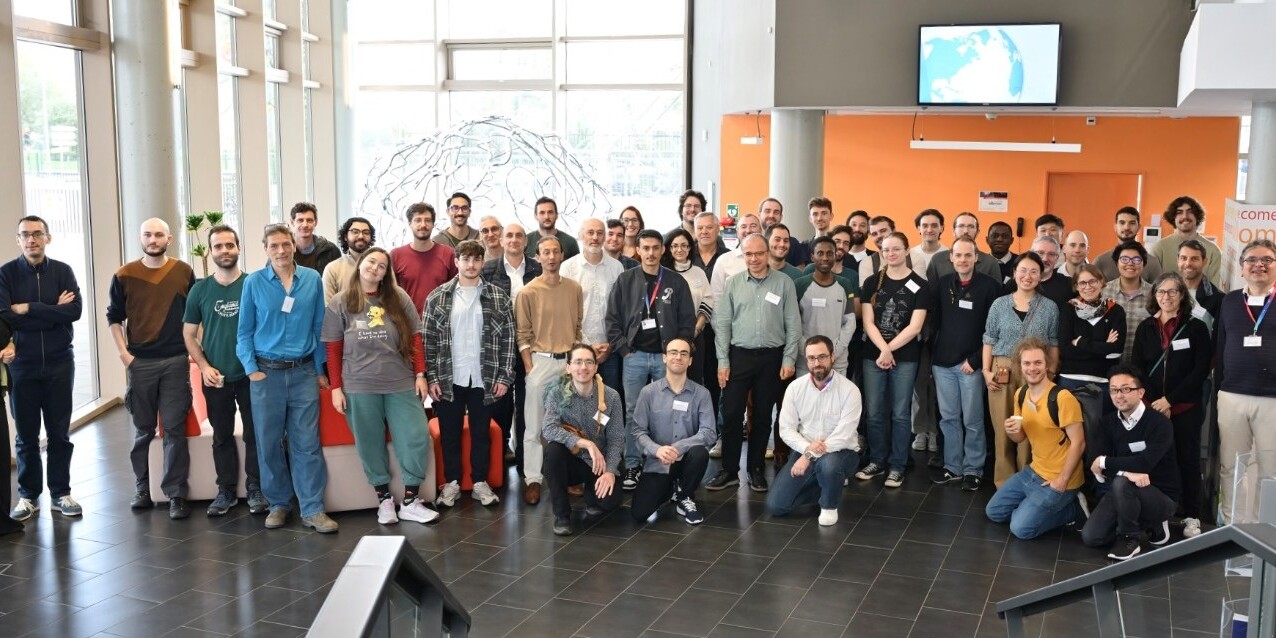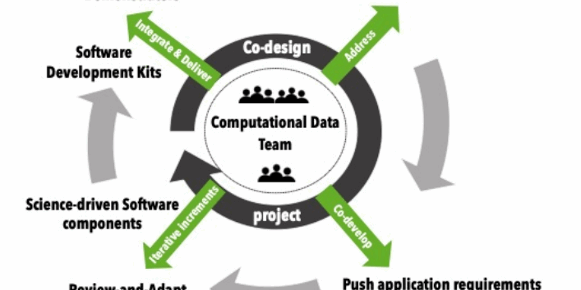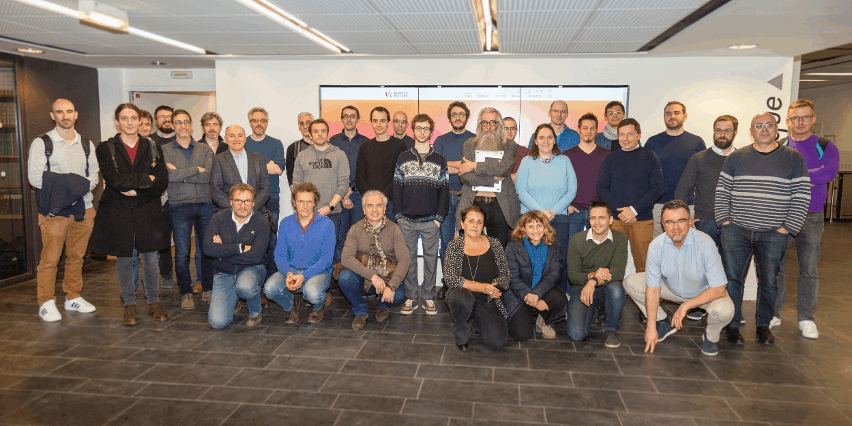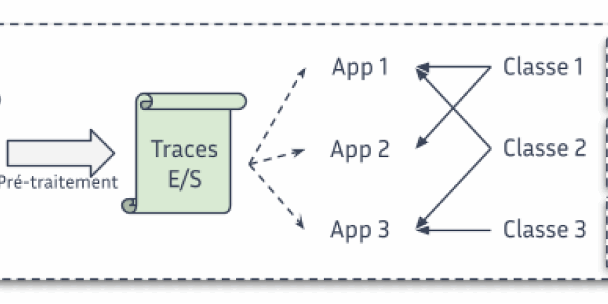Find all the information about Exa-MA here.
By unifying workflows and automating key stages of the HPC software lifecycle, the Exa-MA framework contributes to more reliable, portable and efficient application deployment on national and EuroHPC systems.
HPC applications require reproducibility, portability and large-scale testing, but the transition from code to computer remains lengthy and heterogeneous depending on the site. The objective is to unify the Exa-MA application framework and automate builds, tests and deployments in accordance with NumPEx guidelines.
An Exa-MA application framework has been set up, integrating the management of templates, metadata and verification and validation (V&V) procedures. At the same time, a complete HPC CI/CD chain has been deployed, combining Spack, Apptainer/Singularity and automated submission via ReFrame/SLURM orchestrated by GitHub Actions. This infrastructure operates seamlessly on French national computers and EuroHPC platforms, with end-to-end automation of critical steps.
In the first use cases, the time between code validation and large-scale execution has been reduced from several days to less than 24 hours, without any manual intervention on site. Performance is now monitored by non-regression tests (high/low scalability) and will soon be enhanced by profiling artefacts.
The approach deployed is revolutionising the integration of Exa-MA applications, accelerating onboarding and ensuring controlled quality through automated testing and complete traceability.
The next phase of the project involves putting Exa-MA applications online and deploying a performance dashboard.
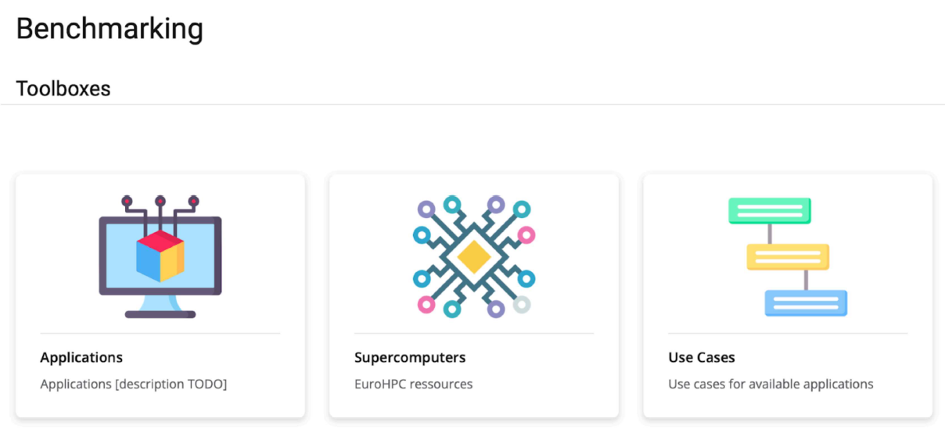
Figure: Benchmarking website page with views by application, by machine, and by use case.
© PEPR NumPEx
NumPEx Newsletter
Subscribe to our newsletter to stay informed on the latest breakthroughs in High-Performance Computing, Exascale research, and cutting-edge digital innovations.
You may also be interested in these articles
13/02/2026
The 2026 annual meeting of Exa-MA
05/12/2025
The first YoungPEx general meeting
03/12/2025


